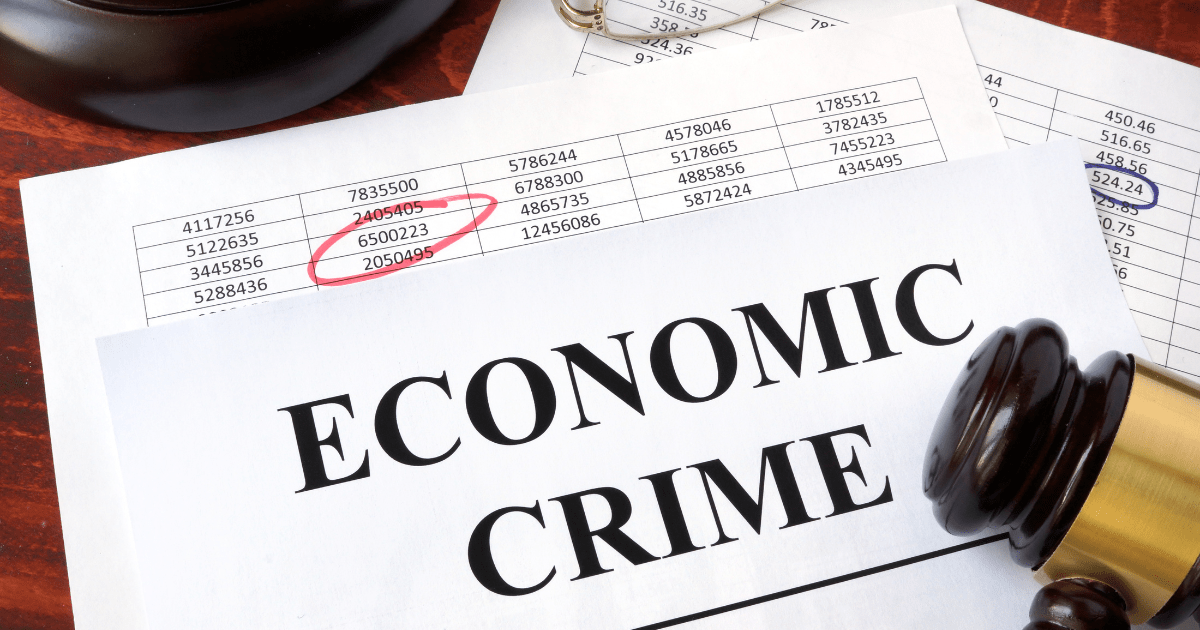South African organisations continue to report the highest instances of economic crime in the world with economic crime reaching its highest level over the past decade, according to PwC’s biennial Global Economic Crime Survey released today.
Economic crime in South Africa is now at the highest level over the past decade. South African organisations that have experienced economic crime are now at a staggering 77%, followed in second place by Kenya (75%), and thirdly France (71%). The global average is 49%.
Half of the top ten countries that reported economic crime come from Africa.
The Global Economic Crime and Fraud Survey examines over 7200 respondents from 123 countries, of which 282 were from South Africa.
Types of economic crime
Asset misappropriation, which involves third parties or employees abusing their position to steal from an organisation through fraudulent activity, continues to remain the most prevalent form of economic crime reported by 45% of respondents globally and 49% of South African respondents.
While the instances of reported cybercrime showed a small decrease in the South African context (29% in 2018 versus 32% in 2016), it retained its second place in the global rankings (31%) albeit at a lower rate of occurrence than in 2016.
One of the new categories of economic crimes was that of “fraud committed by the consumer. It is the second most reported crime in South Africa at 42% and takes third place globally at 29%. This was followed closely by procurement fraud (39% in South Africa versus 22% globally). According to the report authors, this indicates that the entire supply chain in South Africa is fraught with criminality.
When combined with the high instances of bribery and corruption reported (affecting more than a third of organisations at 34%), the resultant erosion in value from the country’s gross domestic product (GDP) is startling. Accounting fraud, which is usually perpetrated by senior management and results in the largest losses, increased from 20% to 22%.
Global comparison
While the overall rate of economic crime reported was indeed the highest for South Africa, the period-on-period rate of increase for South Africa and Africa as a whole was below that of our American, Asian and European counterparts. From a regional perspective, the biggest increase in experiences of economic crime occurred in Latin America, where there was a 25% increase since 2016 to 53% in respondents who indicated they had experienced economic crime. The US was a close second with a 17% increase over 2016 to 54% of respondents, while Asia Pacific and Eastern Europe experienced increases of 16% and 14%, respectively.
Cost of fraud and prevention
As awareness, and the profile of fraud and economic crime have risen, so too have investments to combat it, linked also to the direct financial losses reported in the past two years.
According to the survey, 35% of South African respondents lost more than $100,000 (+/- R1.2 million) to what they regarded as the most disruptive economic crime to affect them, with 1% reporting losses of greater than $100 million (R1.2 billion).
Trevor White, PwC Partner, Forensic Services and South Africa Survey Leader says: When combined with the costs to address this issue through investigations or other interventions, where 41% of respondents reported having had to spend an equal or greater amount (10% reported having to spend upward of three times the amount, with 3% spending as much as ten times the value of the initial loss), we are faced with the damning realisation that the actual cost of these crimes is crippling the economy.






